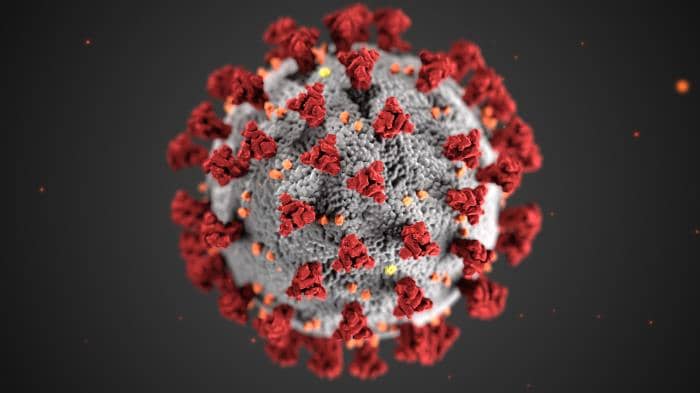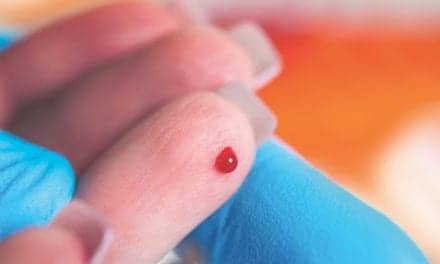Raritan-NJ-based Ortho Clinical Diagnostics’ Vitros SARS-CoV-2 Antigen Test, designed to detect active infection, has become the first high-volume covid-19 antigen test to receive FDA emergency use authorization (EUA). United States distribution of the test commenced in November 2020 under an FDA emergency use notification (EUN); the test was also granted CE Mark in November 2020.
With utility for mass-scale testing and same-day results for labs, Ortho’s latest covid-19 solution can run up to 130 tests per hour and immediately help hospitals and reference labs address testing backlogs, supply shortages, and delayed results.
“As the pandemic continues to devastate our communities and economy, laboratory professionals have been working under extraordinary circumstances to deliver critical covid-19 testing data to patients, clinicians and communities,” says Chris Smith, chairman and chief executive officer, Ortho Clinical Diagnostics. “Even as vaccine inoculation programs roll out, mass-scale testing remains an essential tool in fighting covid-19. Ortho’s accurate, high-volume covid-19 antigen test can play a pivotal role in the global response to this virus.”
The Vitros SARS-CoV-2 Antigen Test produces accurate, clinically reliable results on Ortho’s high-volume Vitros Systems, which are installed in over 5,600 laboratories around the world. More than 1,500 VITROS analyzers are operational across the United States—including more than 500 located in rural regions, where coronavirus testing needs are especially urgent.
These analyzers normally run a broad menu of over 150 different tests from blood and body fluid samples, but now are also able to run samples derived from swabs. Additional analyzers are available for shipment and can be installed rapidly to further increase capacity since they don’t require an external water source to operate.
Ortho’s covid-19 antigen test is an alternative to real-time polymerase chain reaction (PCR) testing, which although highly sensitive, can be expensive and require long processing times during testing surges. Roughly one-third of individuals who underwent a PCR test waited more than four days for a result—including 10 percent who waited more than 10 days, according to an article published by researchers from Harvard, Northeastern, Northwestern, and Rutgers.
Other covid-19 diagnostic testing platforms, including rapid antigen tests, have limited capacity to run multiple tests simultaneously or require short time windows to read results, making it challenging to test more than a handful of patients at a time.
Ortho is currently able to deliver 5 million tests per month and can scale up to 15 million tests per month in February.
For more information, visit Ortho Clinical Diagnostics.




